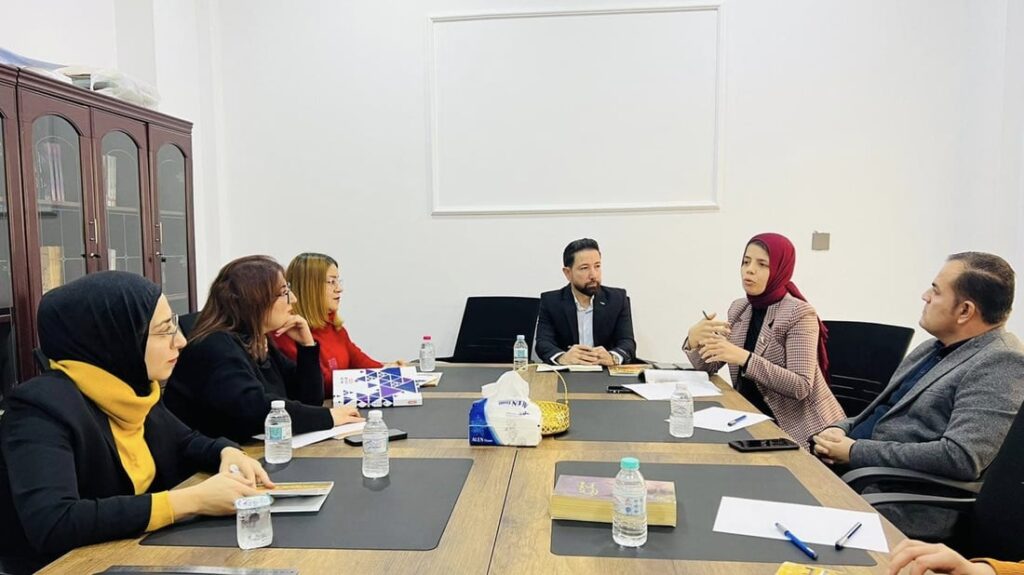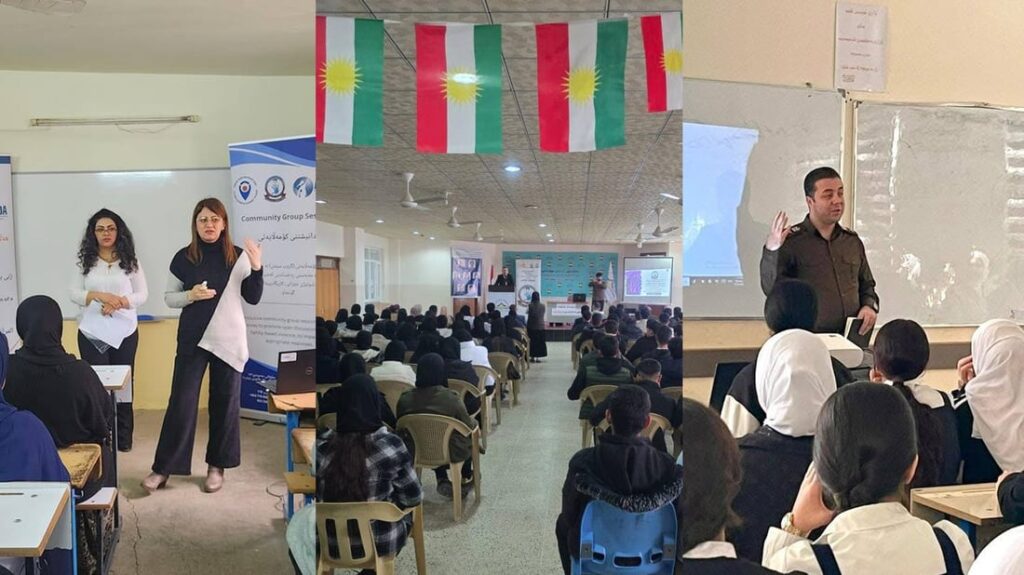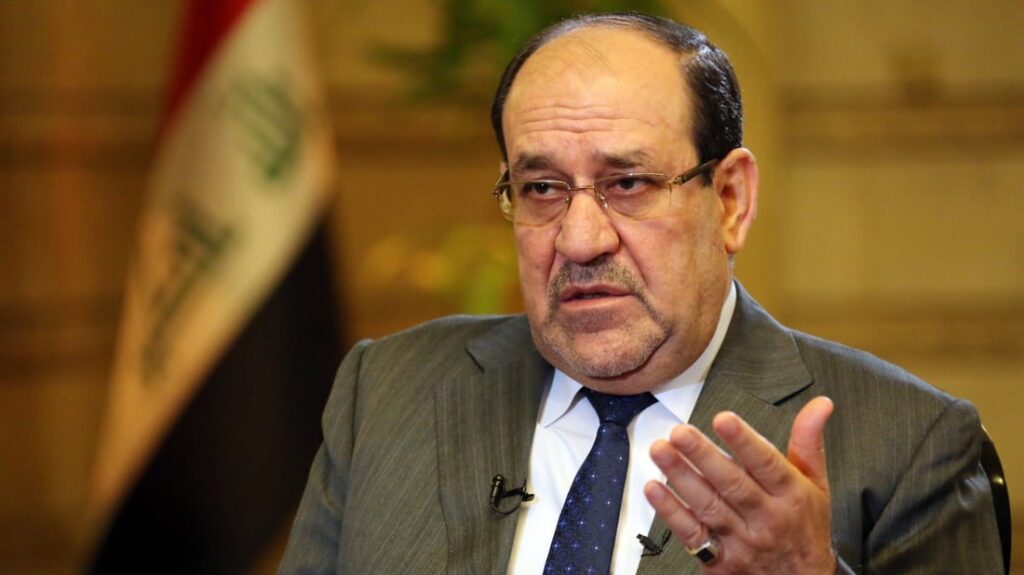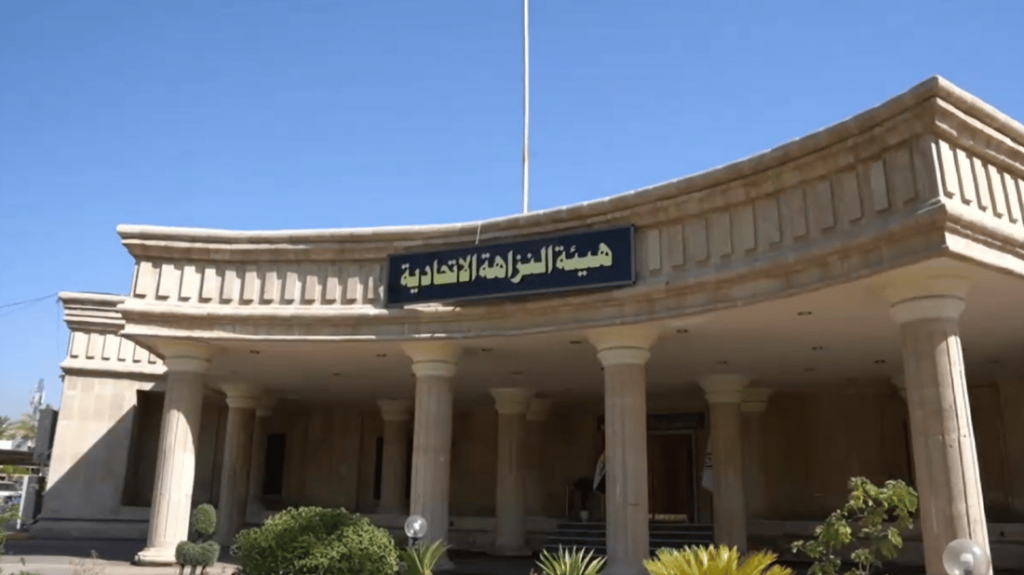Iraq still on a slippery slope

Mohamed Shia Al-Sudani, a former junior minister who emerged unexpectedly last month as a new Shia leader, is poised to take power as Iraq’s new prime minister after forming a new coalition government with Kurdish and Sunni partners.
Al-Sudani, who has professional roots in the regime of former dictator Saddam Hussein, was tasked to form a government that will be in charge of steering Iraq through one of its most delicate periods.
The move came after the country’s parliament elected a new Iraqi president on Thursday, breaking the year-long gridlock that has gripped the battered nation since the last nationwide elections in October 2021.
Lawmakers elected Abdel-Latif Rashid, an ex-Kurdish minister, as the country’s new president to replace incumbent Barham Salih, who lost the vote in a dramatic political coup mounted by Iraq’s main factions.
While the choices for the two key posts may have temporarily ended the deadlock, it is unlikely that a new government will end Iraq’s crisis any time soon.
By default, the leaders of Iraq’s rival political and ethnic groups that have dominated its politics since 2003 can hardly put an end to the country’s persistent political impasse and dysfunctions.
Iraq has found itself in a political crisis for nearly 20 years. The most recent example of this was when the country’s political parties failed to form a new government after last year’s early elections.
The most immediate challenge for Iraqi leaders who have been vying for power, however, now that a new prime minister has been found, will be putting together a cabinet that is fit enough to govern and strong enough to last.
Under a power-sharing understanding among the leaders of Iraq’s three main communities, the prime minister should be a Shia Muslim and the speaker of the parliament should be a Sunni Muslim, while the job of president should go to a Kurd.
While the parties have named Al-Sudani as the next prime minister and Rashid as president, they also need to agree to share key posts in the government and the security forces, such as the secretary-general of the cabinet, the governor of the Iraqi Central Bank, and intelligence and security chiefs.
They also have to deal with mammoth challenges from aggravating political and social chaos, a deep-rooted economic crisis, endemic corruption, a failing public-sector service system, and a possible winter wave of Covid-19.
While the new government holds no great promise to solve Iraq’s immediate problems, scepticism abounds over whether it will usher in an era of political stability to tackle the array of problems that have besieged the country since the US-led invasion in 2003.
What remains certain is that Iraq’s political situation is so confused that nothing seems entirely clear at this stage and the country will face various challenges in the upcoming months.
One key challenge comes from the influential Iraqi cleric Muqtada Al-Sadr, whose gamble on mobilising the power of discontent remains perhaps the biggest worry for the new coalition government.
Iraq’s current political crisis began when the Sadrist Movement led by Al-Sadr emerged as the winner of the most seats in parliament in the last general elections and wanted to form a government of his choice.
But Al-Sadr insisted on forming what he termed a national “majority” government with potential Sunni and Kurdish partners with whom he vowed to govern for all.
The suggestion alarmed most of the Iranian-backed Shia factions that have controlled all the “consensus governments” in Iraq since the US-led invasion in 2003 that toppled the regime of former dictator Saddam Hussein.
A year later, Al-Sadr had not been able to form a unified government under his control despite the advantages he had received as he had been working hard to soften his image and lead a party that arose out of an anti-establishment movement.
Not only did he fail to bring down the country’s entrenched ruling cliques, Al-Sadr also exposed a dangerous fault line when he suddenly decided to call it quits.
He ordered his followers to quit the parliament and his supporters to stop their street protests and announced his resignation from politics, creating a political vacuum.
As a result, the Iran-backed alliance, a long way behind the Sadrists with some 50 seats in the new parliament, has now succeeded in tilting the political table back in its direction and finally managed to form a government.
The alliance now hopes to nudge Al-Sadr into political oblivion, which could drive Iraq’s political landscape into further mess and complications.
On Saturday, Al-Sadr charged that Al-Sudani’s upcoming government has a “clear subordination to the militias” and would “not meet the [Iraqi] people’s aspirations.”
“We stress our firm and clear refusal of any of our affiliates to participate... in this government formation,” Mohamed Saleh Al-Iraqi, a close associate of Al-Sadr, said in a statement posted on Twitter.
But Al-Sadr’s current dilemma could still be his opponents’ worst fear. His rivals are facing increasing opposition from many Iraqis aghast at the events of the past few months, and Al-Sadr may try to trade on their anger.
A second challenge is the deepening mistrust between the leaders of the two main Kurdish parties, the Kurdistan Democratic Party (KDP) and its rival the Patriotic Union of Kurdistan (PUK), which was created by the breakthrough.
The Coordination Framework (CF), which is the Shia Bloc behind Al-Sudani’s nomination, is believed to have reached separate deals with the KDP and the PUK over power-sharing, resources, and the future of Kirkuk, which the Kurds lay claim to.
The deals could be a source of further contention over the control of territory and natural resources such as gas and oil in Iraq’s Kurdistan Region that have divided the two parties.
The two parties that rule over Kurdistan have historically struggled to find ways to get beyond petty squabbles and into governing, but the election of PUK member Rashid as president is expected to pit the party against the KDP.
Although Iraq’s presidency is largely ceremonial and the prime minister is the country’s head of government, who sits in the post is symbolically significant.
Riven as it is by tensions between the two groups, the distribution of seats in the upcoming central government has the potential to trigger a new crisis in the troubled self-ruled northern Kurdish enclave.
Tensions between the two rival Kurdish camps have been boiling over because of a power struggle that has always forced them to consider shaky deals and alliances with outside parties.
The lawmakers of the semi-autonomous Kurdistan Region voted earlier this month to extend the current four-year legislative term of the regional parliament for one more year. The extension came after the Kurdish political parties failed to hold regional elections due on 1 October.
The failure to hold the vote came as a result of differences between the KDP and the PUK over a new electoral law and a new quota system to allocate seats in the parliament.
Then there is a third and probably main challenge showing that Al-Sudani’s premiership is hanging by a thread.
The new government must calm the off-and-on anti-establishment protests that have been rocking the country since October 2019.
The mass demonstrations have reverberated with grievances left unaddressed by successive Iraqi governments.
They have erupted against endemic corruption, rampant unemployment, and decaying public services in the country, and they forced the resignation of the government of former prime minister Adel Abdel-Mahdi in 2020 and early elections a year later.
Thousands of protesters swept into the streets of Baghdad and other major cities in Iraq last weekend to mark three years since the nationwide demonstrations.
The leaders of the protests gave the country’s ruling oligarchs until the end of the month to implement drastic changes including a transitional government that would redraft Iraq’s dysfunctional political system.
Protests could arise anew at any time, pitting the new government against the protest movement. The situation could even boil over and give Al-Sadr the opportunity to resort to whipping up the protests himself again.
On Saturday, an alliance of pro-democracy groups announced a new movement to support the street protests, which have become the largest and longest-lasting social movement since 2003.
The umbrella group, Forces for Democratic Change, said after a meeting in Baghdad that it would push for overall changes in Iraq’s political system.
In a statement, the groups said that among their main objectives would be fighting corruption, the power-sharing quota system in the country, and the unruly armed groups, a reference to the Iran-backed militias.
The formation of the new government may allow Iraq’s ruling oligarchs to buy some time, but it could be just a matter of weeks or months before another flare-up.
Al-Sudani, an affiliate of former prime minister Nouri-Al Maliki, is neither a powerful figure in his own right nor a proven leader, and many in Iraq’s political circles believe that he will be regarded as a chairman while Al-Maliki, his former boss, will in fact be the chief executive of the new government.
Months of paralysing political deadlock may be close to an end in Iraq with a new government possible within weeks, but there are still questions over whether this new stability can last.
*A version of this article appears in print in the 20 October, 2022 edition of Al-Ahram Weekly.
Search Keywords:Short link:




